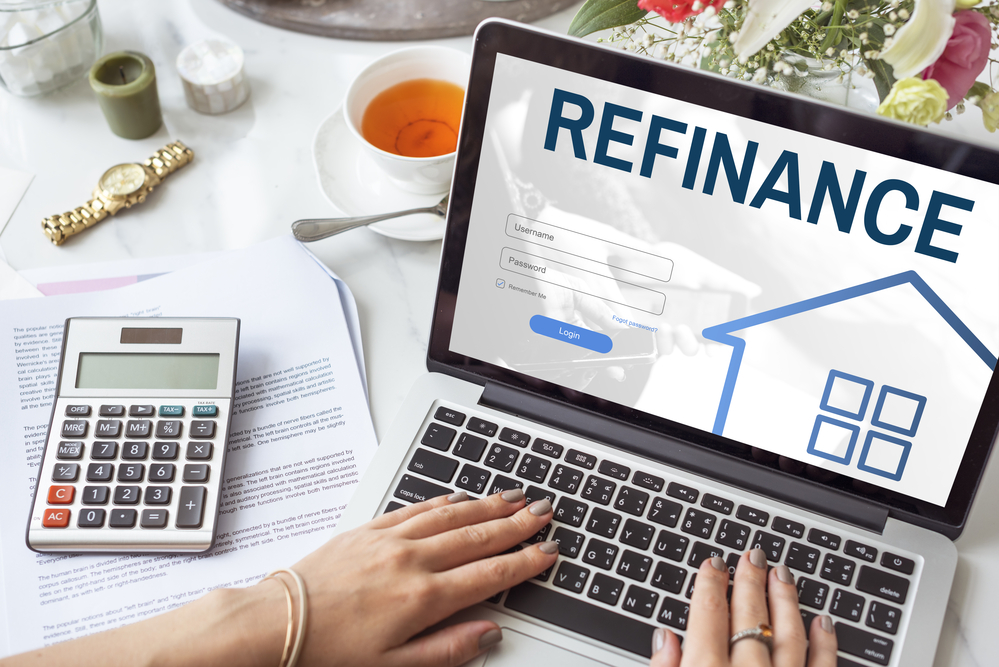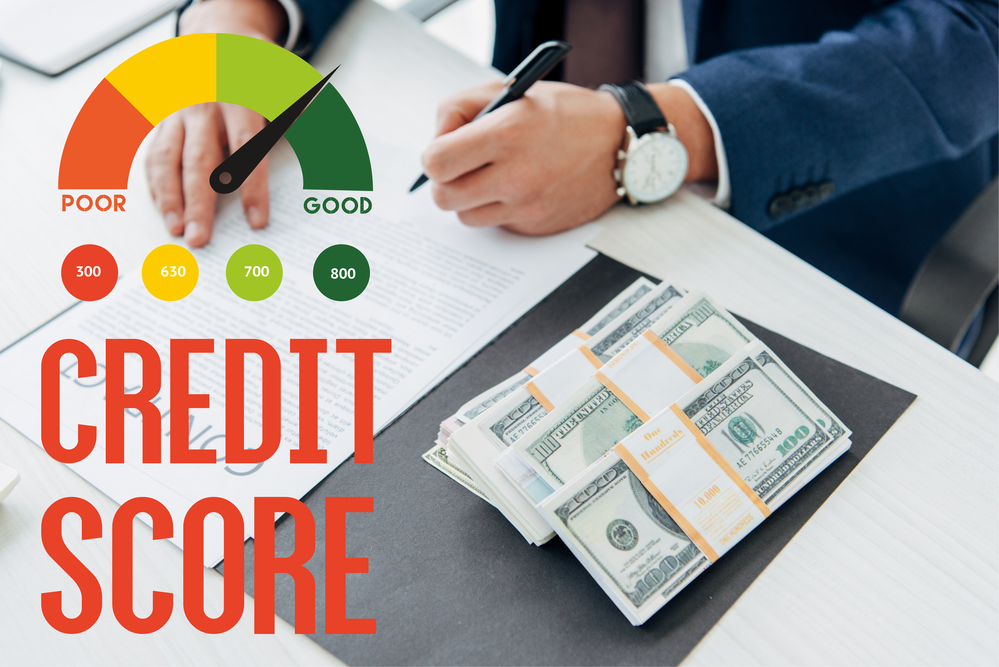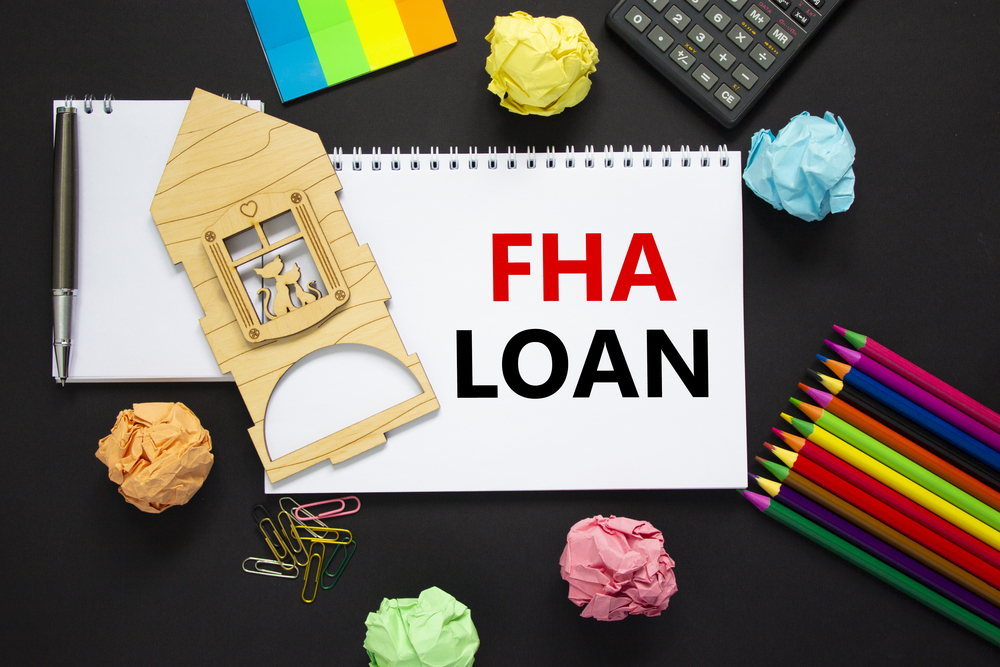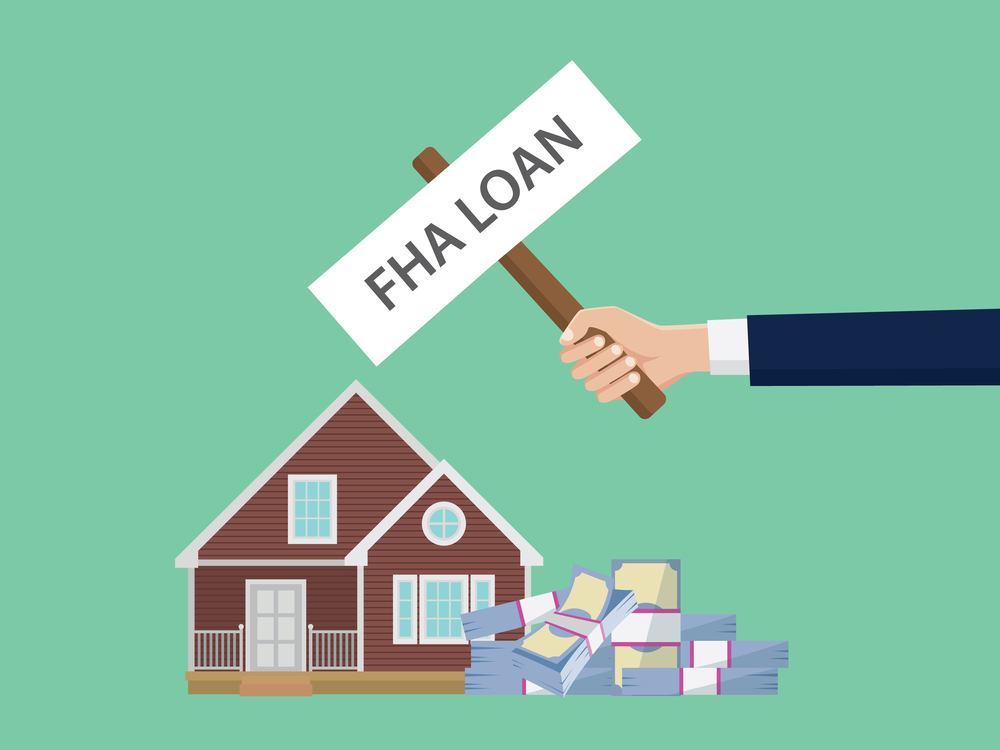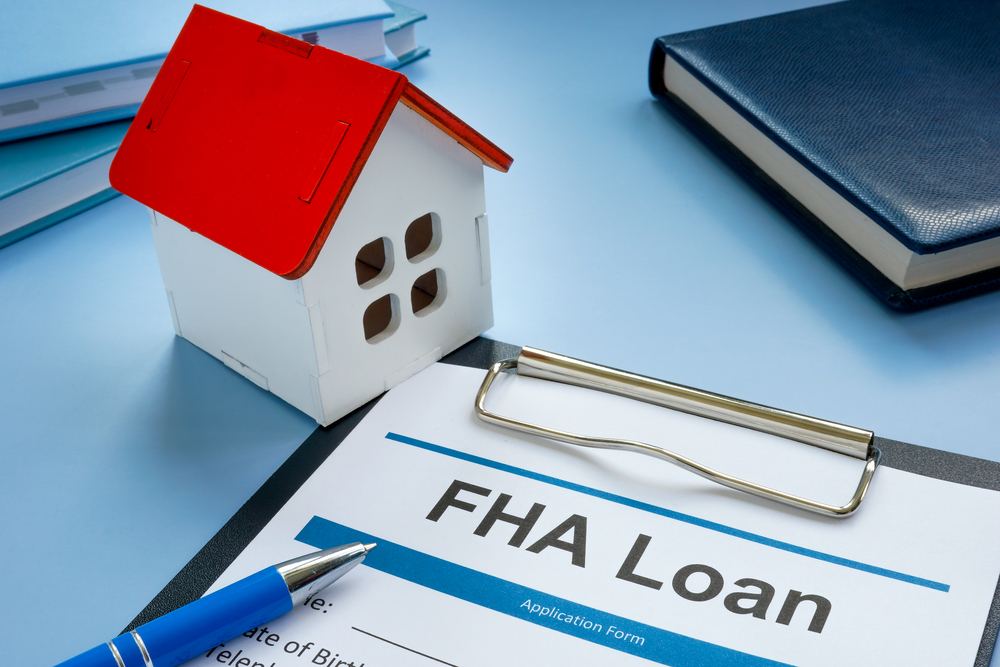Building your dream home can seem daunting, especially when thinking about financing.
Good news: An FHA construction loan offers a path to homeownership with unique advantages for those looking to build from scratch.
This article will break down the ins and outs of this special loan type, making it easier for you to decide if it’s the right fit for your building plans.
Dive in and discover how an FHA construction loan could be the solution you’re searching for!
Key Takeaways
- An FHA construction loan helps you finance both land purchase and home building in a single loan, which is ideal for first-time builders with a minimum down payment of 3.5%.
- There are flexible qualification criteria for an FHA construction loan, making it easier to obtain than conventional loans if you have imperfect credit or limited funds.
- Fixed interest rates on FHA construction loans provide stable monthly payments that protect borrowers from fluctuating market conditions.
- Potential downsides of an FHA construction loan include mandatory mortgage insurance premiums, property restrictions regarding type and quality, set borrowing limits, and strict appraisal guidelines to ensure the property’s value.
- Considering the pros and cons of an FHA construction loan is crucial in determining if it aligns with your financial situation and homebuilding goals.
What is an FHA construction loan?
An FHA construction loan is a government-backed mortgage that provides funds for both the purchase of land and the construction of your new home in one package.
At a high level, it’s designed to simplify the financing process for homebuyers who want to build their house from scratch or substantially renovate an existing property.
You’ll find this loan particularly helpful because it rolls all associated costs into a single loan, keeping paperwork and closing costs down.
With this type of loan, you don’t have to worry about securing two separate loans or paying double closing costs. The program is administered by the Federal Housing Administration (FHA), which sets rules like minimum credit scores and down payment requirements that make these loans accessible even if your budget is tight or your credit history isn’t perfect.
As long as you meet FHA guidelines, you could inch closer to constructing your dream home with less financial strain than typical conventional loans might require.
What can you use an FHA construction loan for
Now that you understand the basics of an FHA construction loan, let’s dive into what it can help you achieve.
Like the name suggests, you can use this type of loan to fund the building of a new house from the ground up. Imagine creating your dream home, selecting every detail from the layout to the light fixtures; an FHA construction loan makes it possible.
You also have the flexibility to renovate or expand your existing home with this loan. If your family outgrows its space or if you want to add value with a modern kitchen or an extra bedroom, an FHA construction loan provides a financial pathway for these improvements.
It’s all about making significant changes that transform a house into your personalized haven — without depleting your savings account.
What are the benefits of FHA construction loans?
With an FHA construction loan, you can enjoy lower down payment, flexible qualification criteria, fixed interest rates, and accessibility for first-time homebuyers.
Lower down payment
Saving for a traditional home loan can be overwhelming, but FHA construction loans offer a financial break with their lower down payment requirement. Often, you only need to put down 3.5% of the purchase price plus the cost of construction to get started on your dream home.
This makes jumping into homeownership more attainable, especially if saving 20% feels out of reach right now!
Instead of emptying your savings account, this smaller down payment gives you room to breathe and allocate funds elsewhere — maybe towards new furniture or moving expenses. You can hold onto more of your hard-earned cash while still taking strides toward building and owning a place you’ll call home.
Flexible qualification criteria
With FHA construction loans, the qualification criteria are more flexible compared to traditional mortgages. This means that you may have an easier time qualifying for this type of loan, especially if you have less-than-perfect credit or a smaller down payment.
The Federal Housing Administration provides more leeway with credit score requirements and offers options for those who may not meet stringent criteria elsewhere.
FHA construction loans offer flexibility in terms of eligibility, expanding opportunities for those who might not fit within the strict guidelines of conventional loans. The broader qualification criteria can make it easier for prospective homebuyers to secure financing for their dream home construction project without facing as many hurdles as they would with other types of loans.
Fixed interest rates
Fixed interest rates provide stability and predictability for your FHA construction loan. This means that your monthly payments will remain constant throughout the loan term, giving you a clear understanding of your financial responsibilities.
With fixed rates, you won’t have to worry about potential increases in interest rates impacting your budget, providing peace of mind as you plan for homeownership. This feature can be particularly beneficial if you’re on a tight budget or prefer a consistent approach to managing your finances.
Additionally, fixed interest rates offer protection against market fluctuations, ensuring that your mortgage payments stay affordable over time. This can give you confidence as you invest in building or renovating your home with an FHA construction loan and pave the way toward achieving your homeownership goals.
Accessibility for first-time homebuyers
First-time homebuyers benefit from the accessibility of FHA construction loans. These loans offer lower down payments with a minimum requirement of 3.5%, making homeownership more achievable for those entering the market for the first time.
Additionally, the flexible qualification criteria take into account factors such as credit score and debt-to-income ratio, increasing the chances of approval for individuals who may not meet strict conventional loan requirements.
What are the disadvantages of FHA construction loans?
Mortgage insurance premiums can add to the overall cost, there are property restrictions, loan limits and stringent appraisal requirements that could impact your ability to secure an FHA construction loan.
Mortgage insurance premiums
FHA construction loans require mortgage insurance premiums, providing protection for the lender in case you default on the loan. This additional cost increases your monthly payments but allows you to qualify for a lower down payment.
The amount of mortgage insurance is based on the size of your down payment and the length of your loan.
Understanding how mortgage insurance premiums impact your overall loan affordability is crucial when assessing whether an FHA construction loan is the right fit for you. It’s important to weigh this expense against the benefits and advantages offered by FHA loans, ensuring that you make an informed decision that aligns with your financial goals and homeownership aspirations.
Property restrictions
FHA construction loans come with certain property restrictions. These limitations can impact the type of property you can finance using this loan. It’s important to note that FHA construction loans are intended for primary residences, not investment or rental properties.
Moreover, the property must meet specific safety and livability standards set by the FHA, such as adequate heating, water supply, and structural integrity.
Understanding these property restrictions is crucial when considering an FHA construction loan. By being aware of these limitations from the start, you can make informed decisions when it comes to selecting a property that meets both your needs and the requirements of the loan program.
Loan limits
While FHA construction loans have a lot to offer, it’s important to consider the loan limits. These loans come with caps on how much you can borrow based on your location and property type.
The limits ensure that the loan amount remains within reasonable bounds, which may impact your ability to fund larger or more expensive projects.
Understanding these limitations is crucial when considering an FHA construction loan. By being aware of the maximum borrowing potential, you can make informed decisions about whether this type of financing aligns with your homebuying goals and project requirements.
Stringent appraisal requirements
When considering an FHA construction loan, it’s essential to understand the stringent appraisal requirements. The FHA has specific guidelines for appraising properties to ensure they meet certain standards.
This includes assessing the property’s condition and its value based on comparable sales in the area. These requirements are put in place to protect both you as a buyer and the lender, ensuring that the property is a sound investment.
The strict appraisal criteria may involve additional inspections or repairs before final approval of the loan. It’s important to be aware of these requirements and plan accordingly when applying for an FHA construction loan.
Is an FHA construction right for you?
An FHA construction loan could be suitable for you if you are a first-time homebuyer or have a lower credit score. The lower down payment and flexible qualification criteria make it accessible to many prospective homebuyers who may not qualify for conventional loans.
If you prefer predictable monthly payments, the fixed interest rates offered by FHA construction loans could also benefit you.
When deciding whether an FHA construction loan is right for you, consider the mortgage insurance premiums and property restrictions associated with this type of loan. Additionally, take into account the stringent appraisal requirements and loan limits that may impact your specific homebuying needs.
At the end of the day, determining which loan is best for your situation is a tall order. Rather than rolling the dice, you’re best off speaking with a real estate expert who can walk you through your options.
FHA construction loan: FAQs
1. What is an FHA construction loan?
An FHA construction loan is a type of home loan that allows you to build a new house or renovate one with help from the government.
2. Who can apply for an FHA construction loan?
Anyone who meets the eligibility requirements, including credit score and income level, can apply for an FHA construction loan.
3. How much money can I borrow with an FHA construction loan?
The amount you can borrow with an FHA construction loan depends on the cost of your project and your financial situation.
4. Can I use an FHA construction loan to buy land?
Yes, you can use part of your FHA construction loan to purchase the land where you will build your new home.
5. Is it hard to get approved for an FHA construction loan?
Getting approved for an FHA Construction Loan may be easier than other types because they have more flexible qualification guidelines.
Even so, you’ll have to go through the process. Rather than starting on your own, consider joining forces with a real estate expert who can make your decision an easier one.
Disclaimer:
The content provided on this website is offered for educational purposes only. While we endeavor to provide accurate and up-to-date information, we make no representations or warranties of any kind, express or implied, about the completeness, accuracy, reliability, suitability, or availability of the content for any purpose. Visitors are advised to consult with qualified experts before making any financial decisions or taking any actions based on the information provided on this website.






